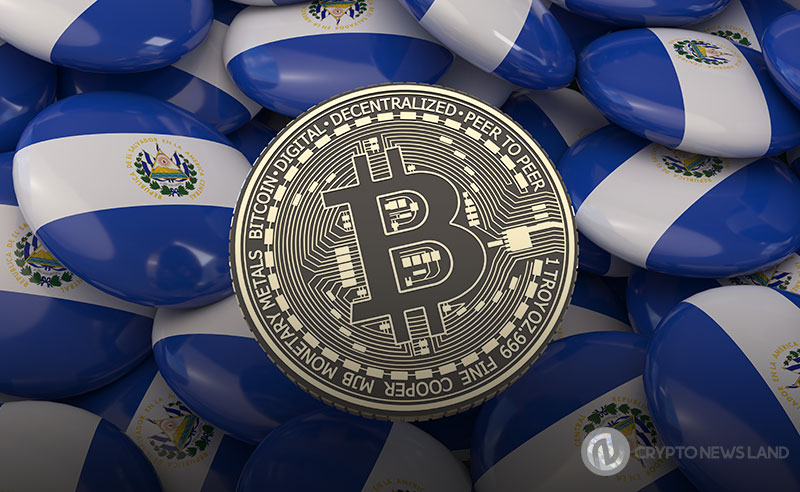- El Salvador shifts to voluntary Bitcoin acceptance for merchants as part of the IMF loan agreement.
- The government reduces its involvement in the Chivo wallet, aligning with IMF recommendations.
- Tax payments are now mandated in U.S. dollars, emphasizing fiscal transparency and stability.
El Salvador has recently rolled out major changes to its Bitcoin policies and has been approved a $3.5bn IMF financing package. The reforms presented in the deal, designed to strengthen the fiscal position, cover the legalization of Bitcoin usage and government participation in cryptocurrency.
Acceptance of Bitcoin on a purely voluntary basis
According to the newly signed deal, bitcoin payment acceptance becomes optional across the country. This turns the previous mandatory acceptance policy launched in 2021 into history. This reform is among a raft of others that seek to respond to the issues raised by the IMF on the ability of Bitcoin to influence fiscal and financial stability.
The changes will also reduce the public sector’s activities in the Bitcoin space. An app known as the Chivo wallet was created in the course of the country’s Bitcoin experiment. It will be reporting less state interference and containing less state influence in its operations as recommended by the IMF.
Tax Policy and Financial Stability Measures
In addition to revising Bitcoin policies, the loan agreement requires El Salvador to enforce tax payments exclusively in U.S. dollars. This policy is expected to further reduce Bitcoin’s role in the nation’s economic framework. The government emphasized its commitment to maintaining financial stability and implementing transparent regulations to safeguard investors and the economy.
The IMF loan will be supported by $3.5 billion in other funds from the World Bank and regional lenders to solve problems in fiscal policy. However, these measures have sparked concerns about the future use of Bitcoin in the country’s monetary system.
Although reducing Bitcoin utilization domestically, El Salvador has extended its Bitcoin holdings. According to the latest news, this country currently has 5,965.77 BTC, which is equivalent to over 625 million dollars. Within the past thirty days, El Salvador bought an additional 31 BTC to its reserves. This is according to President Nayib Bukele who has been buying bitcoin during the downturn.
Buoyed by its early adoption of financial innovation, the nation’s huge reserve of Bitcoin has grown to its highest. Some commentaries see the recent IMF-driven reforms in this regard as going to de-emphasize Bitcoinery. while others opine that the government intends to use portions of the IMF funding to buy more bitcoins.
El Salvador’s case shows that countries managing their responses to Cryptocurrencies encounter difficulties in regulating them in the financial environment. Their approach to meeting the country’s needs and responding to global challenges reflects the challenges of the country in balancing between innovation and sustainability of its financial base.


